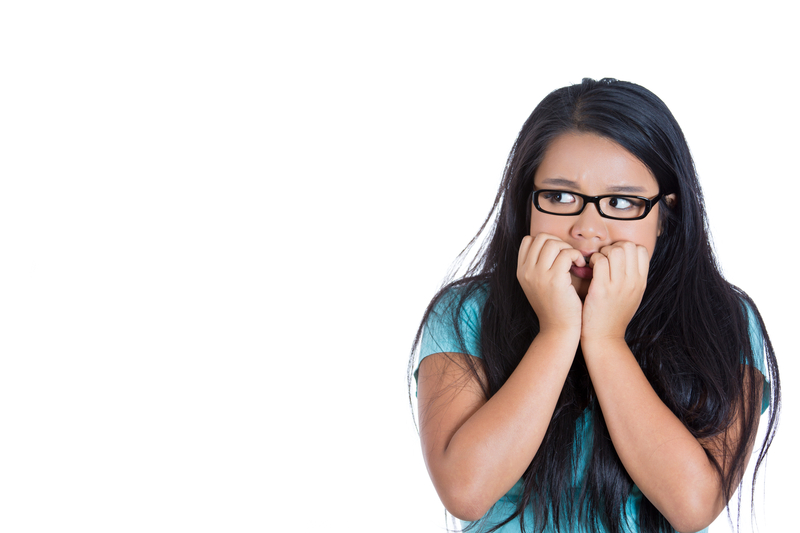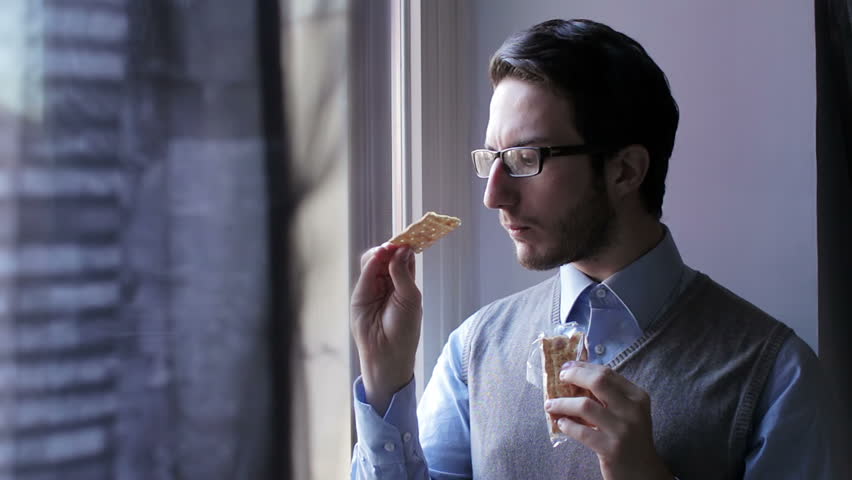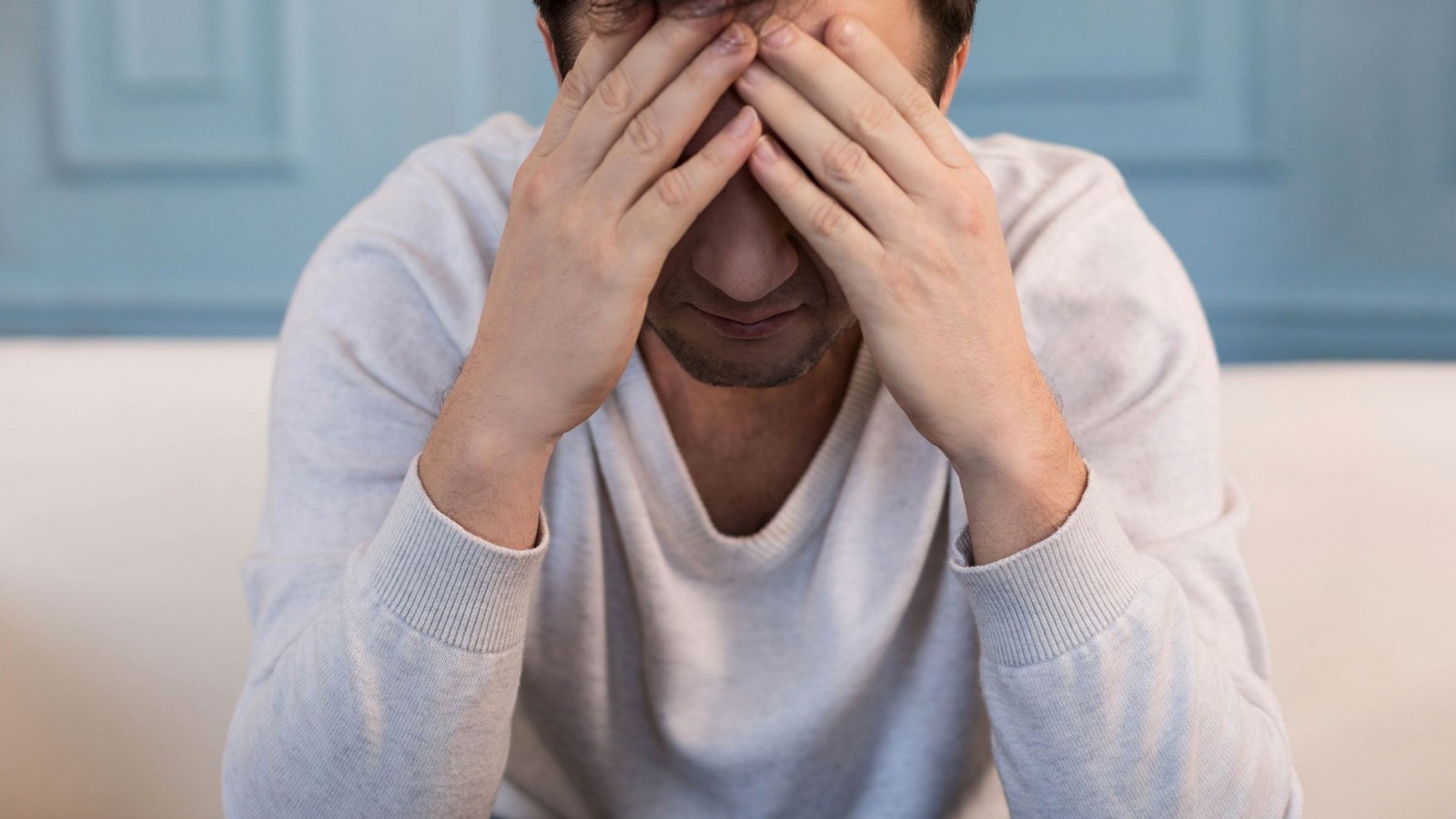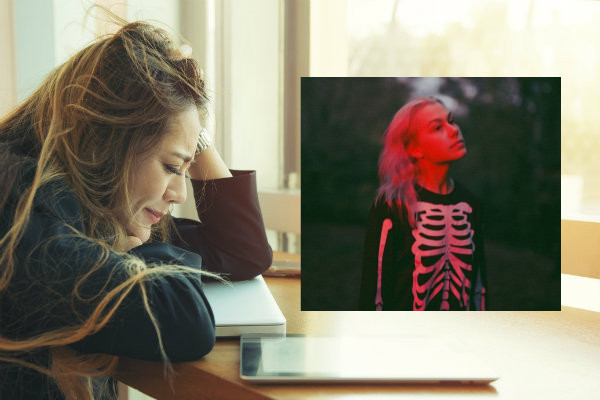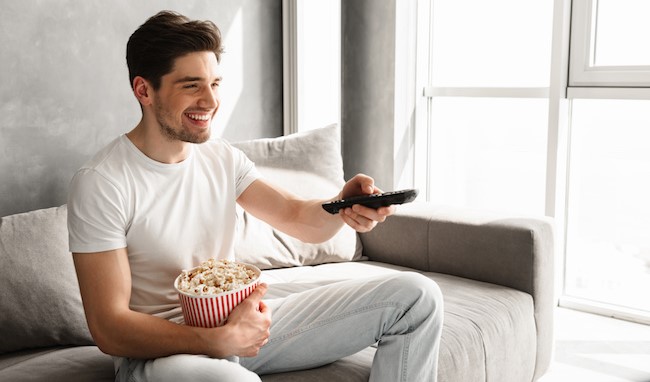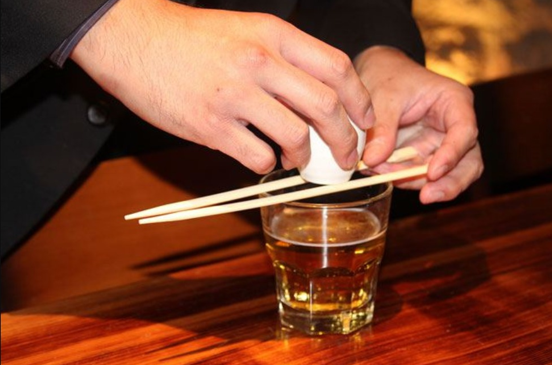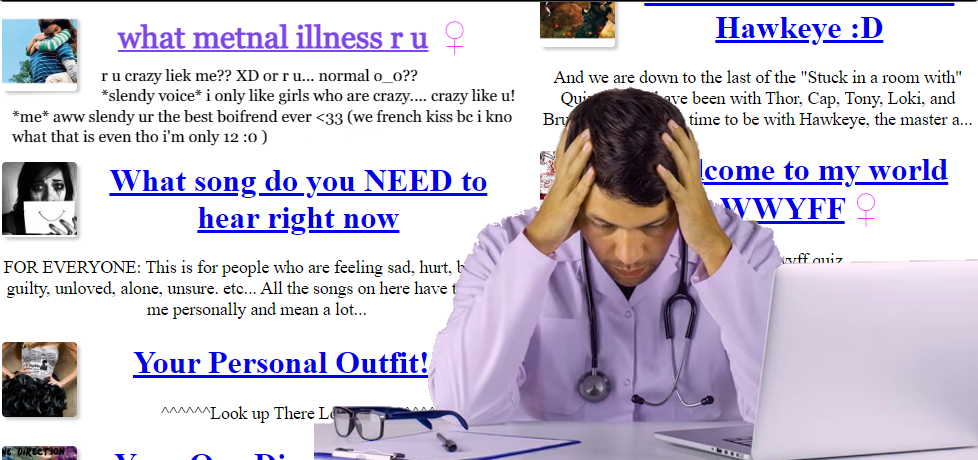
Puzzled CAPS Psychologist Pulls Up “what metnal illness r u” Quiz from Quotev
CORNELL HEALTH–Maricel Caoili ‘26 experienced a breakthrough in therapy this Thursday when Dr. Elizabeth Fields decided to ignore Caoili’s experiences entirely and consult 2012’s third leading fanfiction and quiz website, Quotev. “I’d been trying to help Maricel for a while, but it’s so hard when I have no training related to trauma, the stress of…









